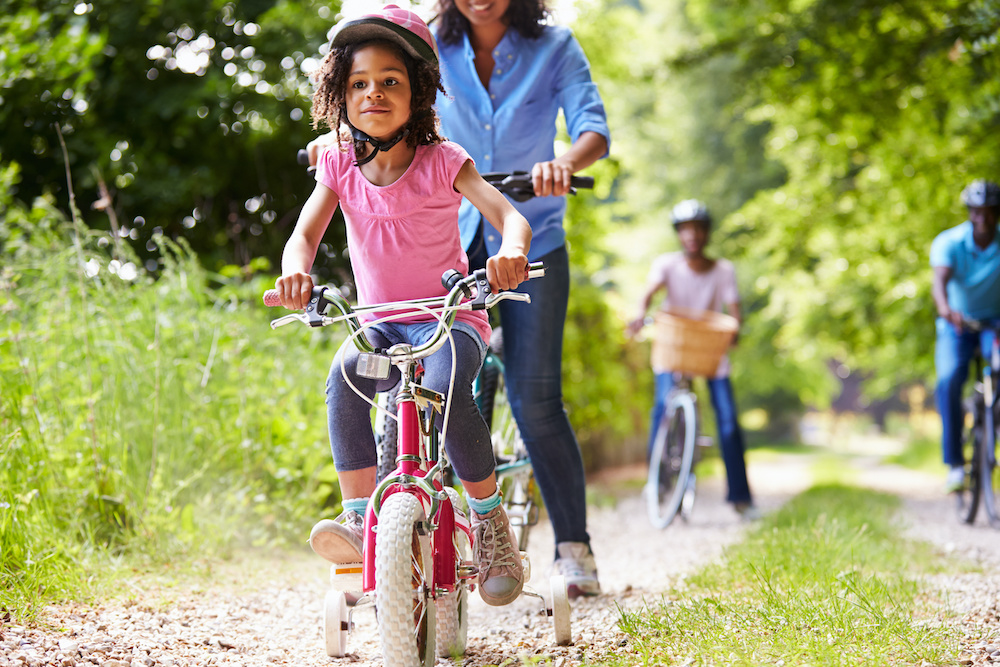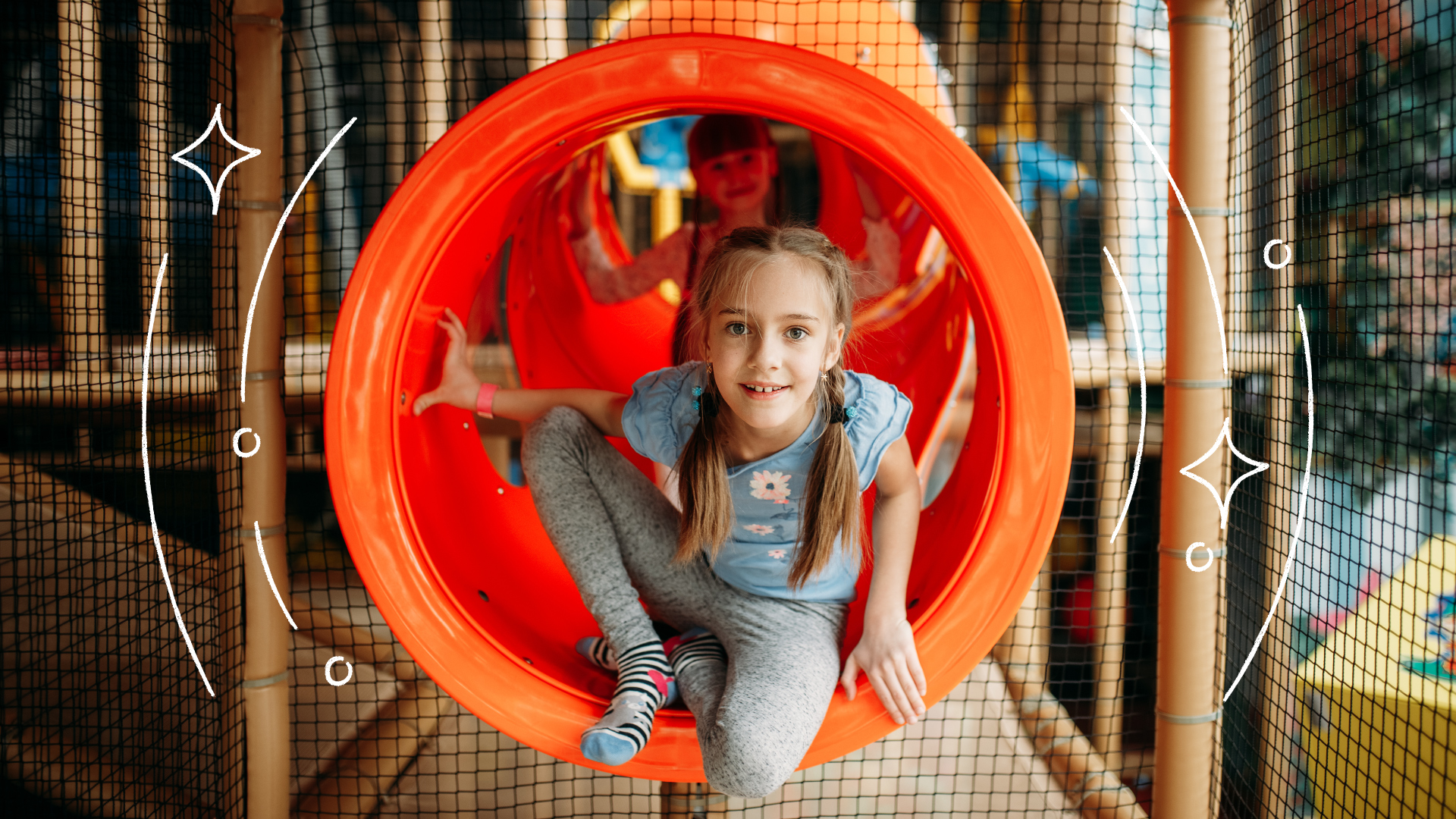
- 4 mins
5 Simple Self-Esteem Activities for Kids

What does confidence really mean? It’s a word we hear a lot, isn’t it? For some, it might look like this: having faith in our abilities, celebrating our achievements, giving things another go, and being prepared to work around challenges.
What is the difference between confidence and self-esteem? Put simply, self-esteem is how you see yourself. If kids have a positive sense of self they accept themselves the way they are without comparisons. This impacts how they interact with the outside world. When we interact with our world with confidence we can be truly contented, connected, and comfortable with our unique selves.
Confidence is a journey and not a final destination for both parents and kids. So here are a few tips to help you build confidence at home:
Children are better equipped to overcome challenges and see mistakes as a learning opportunity with a growth mindset. You can encourage a growth mindset by helping them celebrate their hard work and perseverance with effort-based praise. For example: if they were kind, went out of their comfort zone, or took responsibility for something. According to Child Mind Institute, how you praise your child is really important. Praising the effort rather than the final result is great for self-worth. You could also talk together about the challenges they have already overcome to remind them of just how marvelous they are. Teaching your kids it’s normal to fail and instead embrace imperfection is just great!
When we think happy thoughts, our brains produce more serotonin and less cortisol. This means we are calm and confident. Helping your child reframe negative thoughts by anchoring positive moments can help them feel supported. You are probably already being encouraging, loving, and kind-hearted with your child. What’s just as important is being this way with yourself. This can help model high self-esteem. Negative thoughts are normal but we can choose if we get attached to them or not. Journey to tropical lands with our CocoLoco Confidence Booster Moshling at a time that feels right to help the whole family feel more confident and worry-free.
Confidence is a skill we can practice. Look at their external expectations and wonder together how you can break down goals to feel more achievable and rewarding. Our brains are great at learning new things, especially when young. So encouraging your child to give things a whirl will help them feel good about themselves. Raising Confident Kids by Supporting Their SEL Skill Development with Jennifer Miller on our YouTube channel talks about how confidence is a big hope for parents and how this can be built upon through social-emotional skills.
Validating your child’s feelings when things go wrong and allowing them to go through the highs and lows of achieving their goals is really worthwhile. You can share your own past failures as a way to help them feel understood. Try not to intervene at every stage. This will help your child develop those crucial coping skills. Being truly present with them whilst supporting their emotional intelligence is amazing for their sense of self-worth.
Teaching your child deep breathing can be incredible for reducing both a negative inner dialogue and nerves about trying something new. Breathing with Ping teaches children to breathe in an easy, relaxed way. Meditation is wonderful for parents too.
It’s ok for your child to get things wrong, feel upset, or at times ‘less than.’ Your compassion, gentle encouragement, and positive thinking will help them feel worthy and confident over time. Remember too just how wonderful you are! Because you really are. Parenting is tough. From one parent to another I hear you and support you in your lifelong parenting passage.